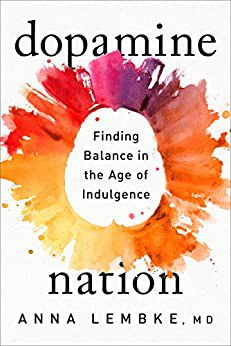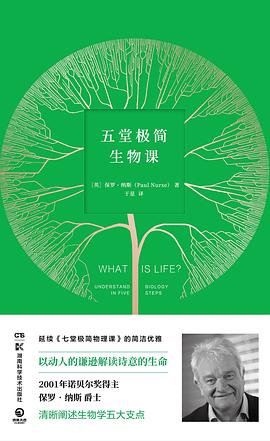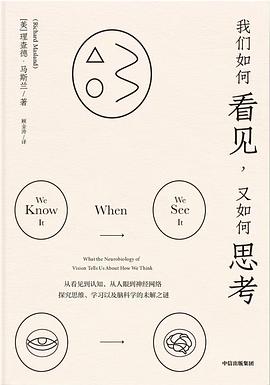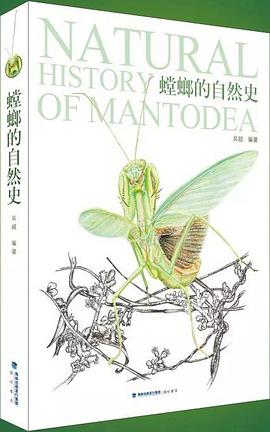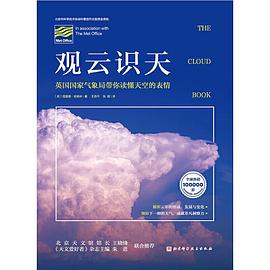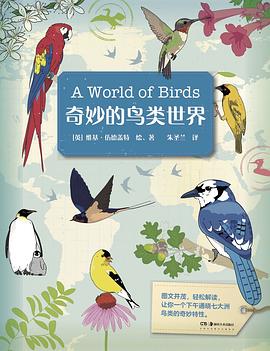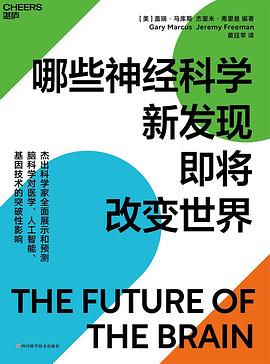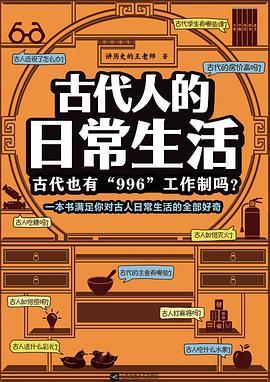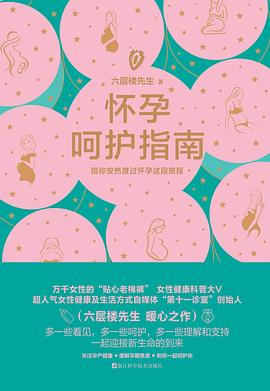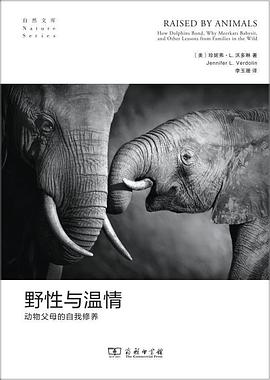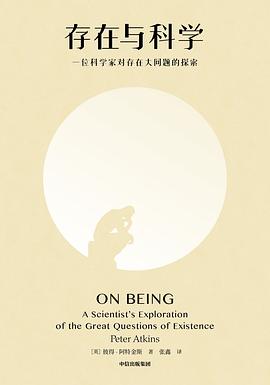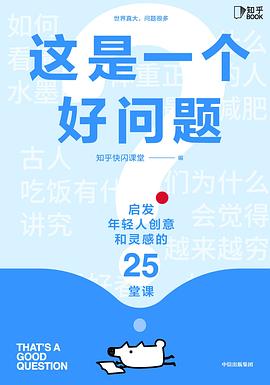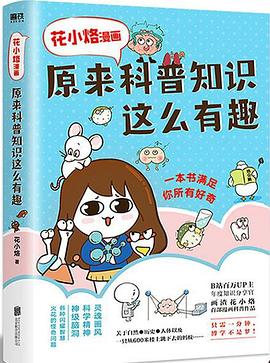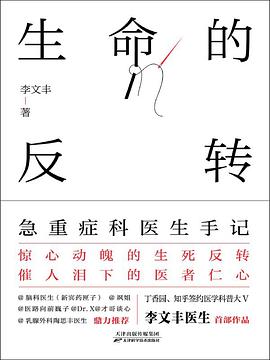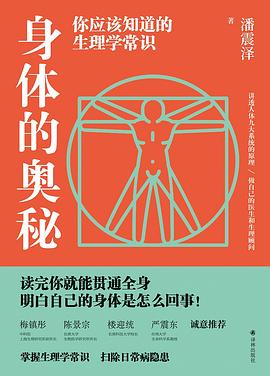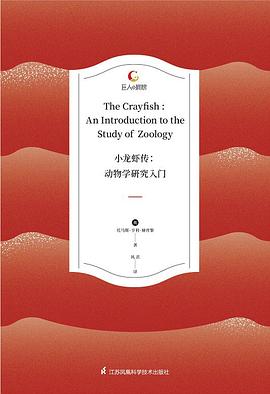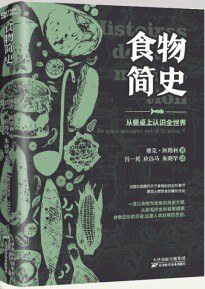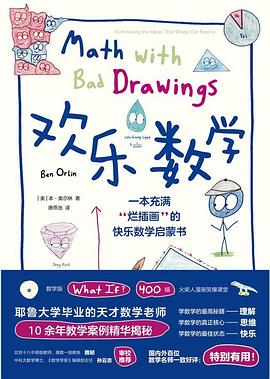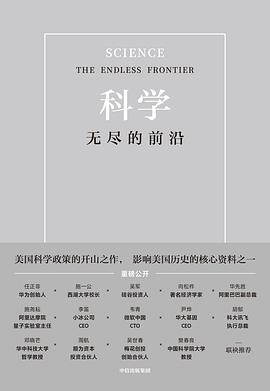
具體描述
Anna Lembke is the medical director of Stanford Addiction Medicine, program director for the Stanford Addiction Medicine Fellowship, and chief of the Stanford Addiction Medicine Dual Diagnosis Clinic. She is the recipient of numerous awards for outstanding research in mental illness, for excellence in teaching, and for clinical innovation in treatment. A clinician scholar, she has published more than a hundred peer-reviewed papers, book chapters, and commentaries in prestigious outlets such as The New England Journal of Medicine and JAMA. She sits on the board of several state and national addiction-focused organizations, has testified before various committees in the United States House of Representatives and Senate, keeps an active speaking calendar, and maintains a thriving clinical practice.
This book is about pleasure. It’s also about pain. Most important, it’s about how to find the delicate balance between the two, and why now more than ever finding balance is essential. We’re living in a time of unprecedented access to high-reward, high-dopamine stimuli: drugs, food, news, gambling, shopping, gaming, texting, sexting, Facebooking, Instagramming, YouTubing, tweeting… The increased numbers, variety, and potency is staggering. The smartphone is the modern-day hypodermic needle, delivering digital dopamine 24/7 for a wired generation. As such we’ve all become vulnerable to compulsive overconsumption.
In Dopamine Nation, Dr. Anna Lembke, psychiatrist and author, explores the exciting new scientific discoveries that explain why the relentless pursuit of pleasure leads to pain…and what to do about it. Condensing complex neuroscience into easy-to-understand metaphors, Lembke illustrates how finding contentment and connectedness means keeping dopamine in check. The lived experiences of her patients are the gripping fabric of her narrative. Their riveting stories of suffering and redemption give us all hope for managing our consumption and transforming our lives. In essence, Dopamine Nation shows that the secret to finding balance is combining the science of desire with the wisdom of recovery.
用戶評價
##年度最佳。 在這個多巴胺橫流,廉價快樂泛濫,智能手機成為注射器的時代。我們終該改變點兒什麼。 I saw in their brokenness my own vulnerability and humanity. I was reassured that I was not alone in my doubts, fears, and weaknesses.
評分##Tilting towards pain helps the balance; You need abstinence for the balance to reset. 看到有個網友說的深得我心,有用,但是囉嗦。總結瞭一些我覺得有意思的點 1. 科技的發展讓很多上癮物更容易獲取,於是我們更可能去嘗試,一嘗試就更容易上癮瞭。(我感覺各種app的推送算法也有點我總能找到你的上癮點的意思瞭) 2. 現在的孩子被傢長們和整個教育係統保護的越來...
評分##作者自述淩晨兩點興緻勃勃看著《五十度灰》某段s**m描寫,突然醒悟看這逗比玩意並不是自己想要的人生。笑死我瞭,太過真實…
評分 評分##比較基礎入門級彆
評分##作者對於大麻和psychedelic drugs隻呈現片麵的證據和陳述,甚至對抗抑鬱藥都有些偏見。此外,行文間透露瞭一股judgmental和privileged的氣息。書裏的有些知識點是還不錯,但我不喜歡這個作者。(沒準哪天就在學校裏遇見瞭...)
評分 評分##年度最佳。 在這個多巴胺橫流,廉價快樂泛濫,智能手機成為注射器的時代。我們終該改變點兒什麼。 I saw in their brokenness my own vulnerability and humanity. I was reassured that I was not alone in my doubts, fears, and weaknesses.
評分相關圖書
本站所有內容均為互聯網搜尋引擎提供的公開搜索信息,本站不存儲任何數據與內容,任何內容與數據均與本站無關,如有需要請聯繫相關搜索引擎包括但不限於百度,google,bing,sogou 等
© 2025 book.teaonline.club All Rights Reserved. 圖書大百科 版權所有

